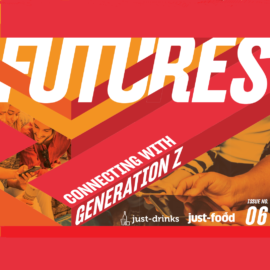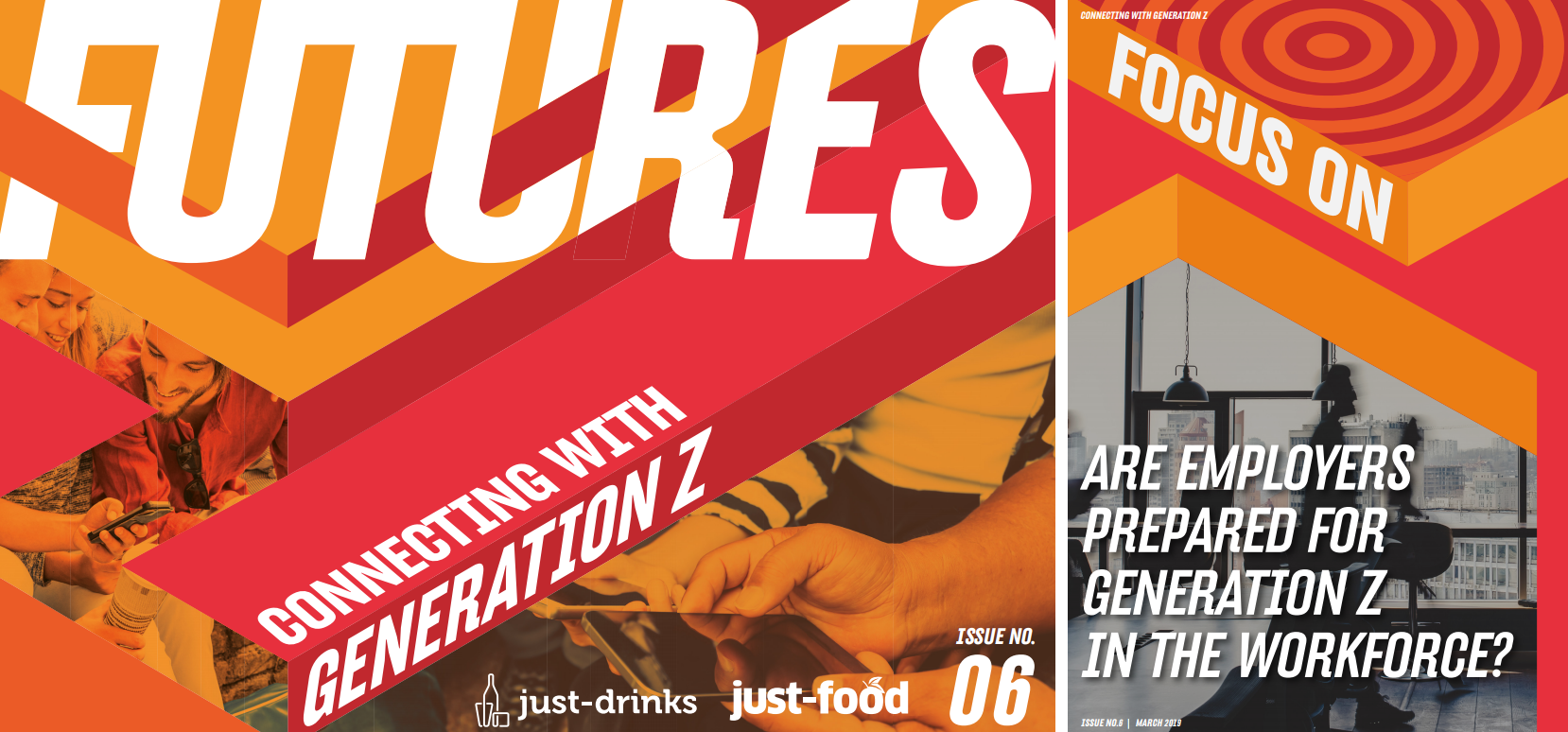

Guest Column article for just-drinks.com’s ‘Futures’ Report (March, 2019), by Bryony Wright, Executive Coach at The Preston Associates
Link to Report here:
Human Connection
Perhaps one of the most surprising themes indicated by this research is the strong desire for 1:1 human connection in the workplace, particularly with an emphasis on face to face. Although Generation Z are ‘digital natives’ with access to an average of 5 different screens each, they name ‘a supportive, engaging manager’ and ‘good relationships with co-workers’ as their top work priorities.
Our own informal research with a focus group of university students in Plymouth gives further insight. One of the participants, Greg, stated, “I’d like to work for a boss who’s more like a leader. They’re my superior, but also one of us, putting in the same effort, not just watching from on high/their office. They’re willing to advise, support, consider ideas in a constructive manner, instead of dismissing it as ludicrous without picking it apart. Just an amicable, charismatic person who has some empathy/sympathy, so can understand and connect with us employees.”
For employers, this means developing a supportive, caring and collaborative culture that is not rigidly hierarchical. Initiatives that develop an empowering leadership style – managers across the business who lead through coaching – will pay dividends. Internal mentoring, coaching and buddying will also help to generate greater loyalty, talent retention and ultimately better performance from these young people.
Authenticity, purpose and transparency
Purpose is also important to Gen Z-ers, and in general a stronger motivator than money. 18-22 year olds have grown up with a global lens thanks to the internet. But more than that, their world has never felt ‘safe’. 9/11 took place either when they were pre-schoolers or before they were born – so they have only ever known a world in which terrorism, extremism, conflict, climate change and environmental anxieties have been the norm. On the one hand, they seek stability, safety and financial security from work, but most importantly they want their labour to be ‘meaningful’, so that they can have an impact for the greater good.
As student Rhiannon explains, “I want to have a rewarding job; to feel like I’m contributing to a bigger helpful scheme.”
Potential employers must be clear about their vision and purpose to attract and retain graduates. But it needs to be more than a mission statement. These young people are wise to ‘fake news’. They can spot inauthenticity a mile off, so a company’s purpose and vision has to cascade right through the organisation: meaningful roles, even at a junior level, with transparency so that young people can understand how they impact the bigger picture.
Work ethic
The 2008 financial crisis coincided with a crucial developmental stage for most Gen Z-ers. Many will have first-hand personal experience of the impact. Some will have seen family or friends losing their jobs. They may even have lost their own homes.
The result is a generation that is more pragmatic, frugal (more 16-22 year olds regularly use savings accounts than ever before), less hedonistic (drug and alcohol abuse is also lower) and more accepting of the fact that they need to be self-reliant than ever before. Gen Z-ers know they need to take ownership of their own careers and future economic fortune. A debt-free university education and buying their own home is largely out of reach and they accept they will have to work hard to gain financial self-sufficiency and stability.
This could be interpreted as an entrepreneurial mindset, but research also shows that many Gen Z-ers are attracted by the potential opportunities offered by larger international organisations: human connection and collaboration, continual personal and leadership development, a global purpose and the chance to travel the world in relative ‘safety’ rather than risking everything to go it alone.
As Greg explains, “I’d be attracted to a job with substantial time away from the office as I’d like to fly free/ keep moving.”
It is also clear from the research that Gen Z-ers are determined to maintain a work/life balance. They’ve seen their parents struggle working long hours to make ends meet and although happy to work hard enough to be financially secure, they do not want to burn the candle at both ends continually. What they do want is flexibility: to be trusted to get the work done, to work hours when they are at their most productive, perhaps even to be able to take a sabbatical to explore an interest. Technology is their friend – and a route to becoming more agile. As digital natives, they embrace technology and see developments such as AI and virtual reality as an exciting opportunity to drive innovation, efficiency and save time. It is not a threat.
Employers that empower, provide challenge, flexibility and support, perhaps in an agile working environment will find that Gen Z-ers will not want to jump ship after two years. They are hard-working and fiercely loyal young people who are more likely to stay the course for an extended period if they feel nurtured and appreciated.
Equality, diversity and inclusion
Generation Z is the most diverse generation in history. Most teenagers today have multi-racial friends, they do not remember Clause 28, sexuality is no longer binary, and they interpret the idea of a glass ceiling and gender pay gap as absurd.
Diversity and inclusion is expected to be part of the work culture and employers that only pay lip service will find it difficult to attract and retain young talent.
As second year student Jo says, “I want to work for leaders that are kind, understandable – people to look up to who are supportive and open to new ideas, with morals supporting rights for all.”
So what are the key opportunities for employers that want to maximise the potential of this ‘new’ generation? It is about ensuring your business culture is empowering, purposeful, flexible, transparent and embracing of diversity. This is the way to develop not just your people, but also their loyalty and performance so that they become drivers of your business for the future.
